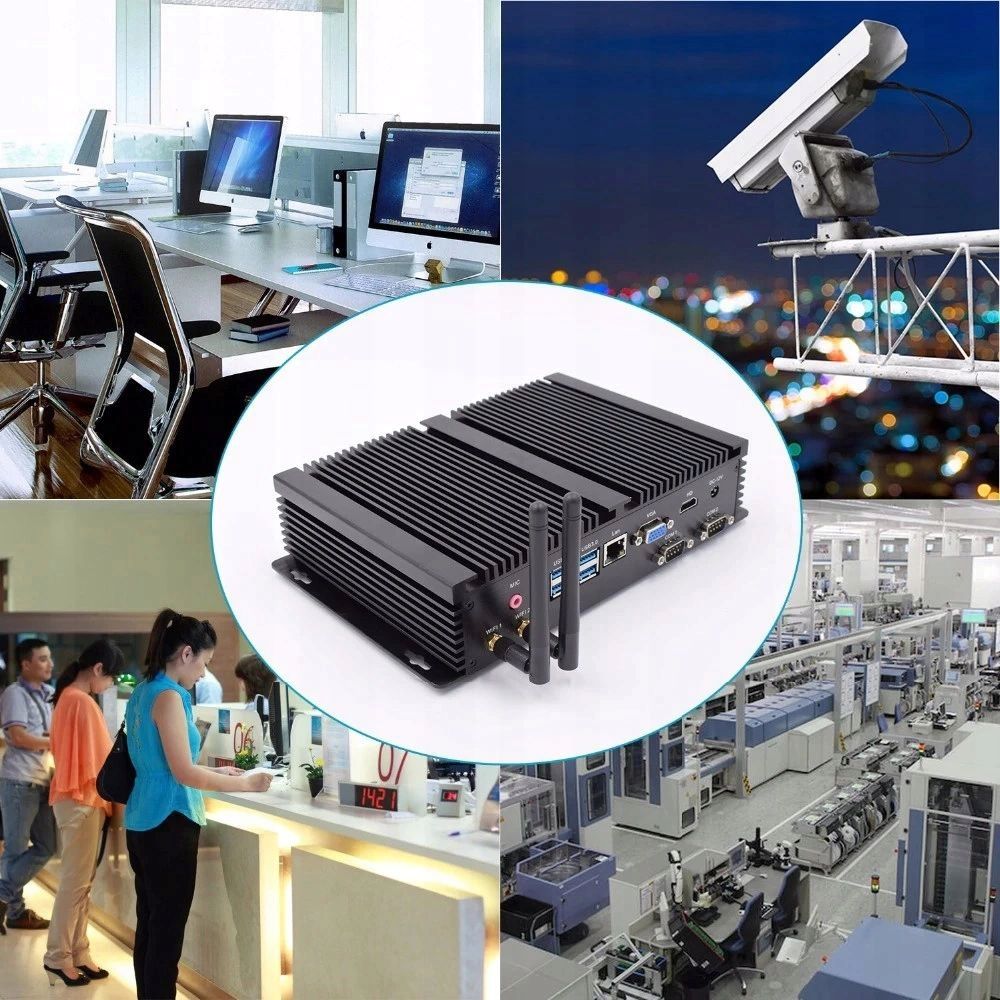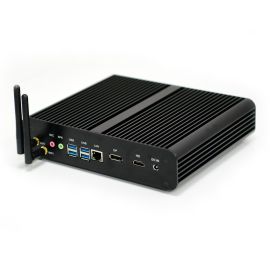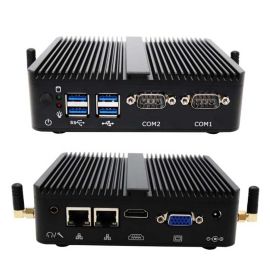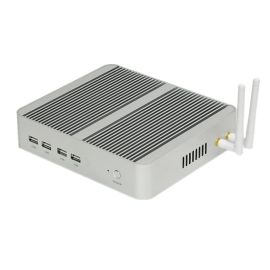
Industrial PCs are designed to work in aggressive and dirty environments, while commercial PCs are not designed to work in such conditions.
Industrial computers typically experience severe industrial conditions where exposure to high temperatures, vibrations, and surges can damage the computer. Therefore, industrial computers have internal components made of alloys that are strong enough to withstand high temperatures and vibrations. Most exterior enclosures of industrial PCs have a sturdy aluminum chassis that acts as a heat sink that dissipates heat from critical internal components.
Excessive heating can affect the performance and service life of the equipment. Commercial PCs are recommended to operate in the temperature range of about 30-35 °, while industrial PCs can operate at temperatures from -40 ° C to 70 ° C. Because fan computers can fail due to dust, industrial computers are designed with a fanless system that uses radiators for cooling. This allows industrial computers to operate in harsh temperatures.
Industrial computers are designed specifically to automate production, where dust and dirt are satellites. Therefore, the specially designed design of industrial computers does not require vents for cooling, preventing dust and dirt from getting inside the computer. A commercial PC is not designed to work in such conditions.
Industrial PCs can withstand high vibrations that can damage commercial PCs. Most industrial computers have high levels of shock and vibration and resistance to environmental factors.
Industrial PCs offer IP protection, while commercial PCs do not. Industrial computers are not only protected from dust, but they can also be waterproof. For example, in the food or chemical industry.
Industrial PCs allow you to run powerful automated software, manage complex programs and electrical systems with maximum reliability and high performance.
Another factor is the ease and cost of repair or replacement during the life of the PC. Industrial PCs are more extensible than commercial PCs and can constantly support both new and outdated applications. Upgrading and availability of spare parts is not a problem.
Although industrial PCs require more investment initially, the total cost of using industrial PCs is much lower than the cost of regularly repairing or replacing commercial PCs that do not meet the stringent requirements of industrial use.






















